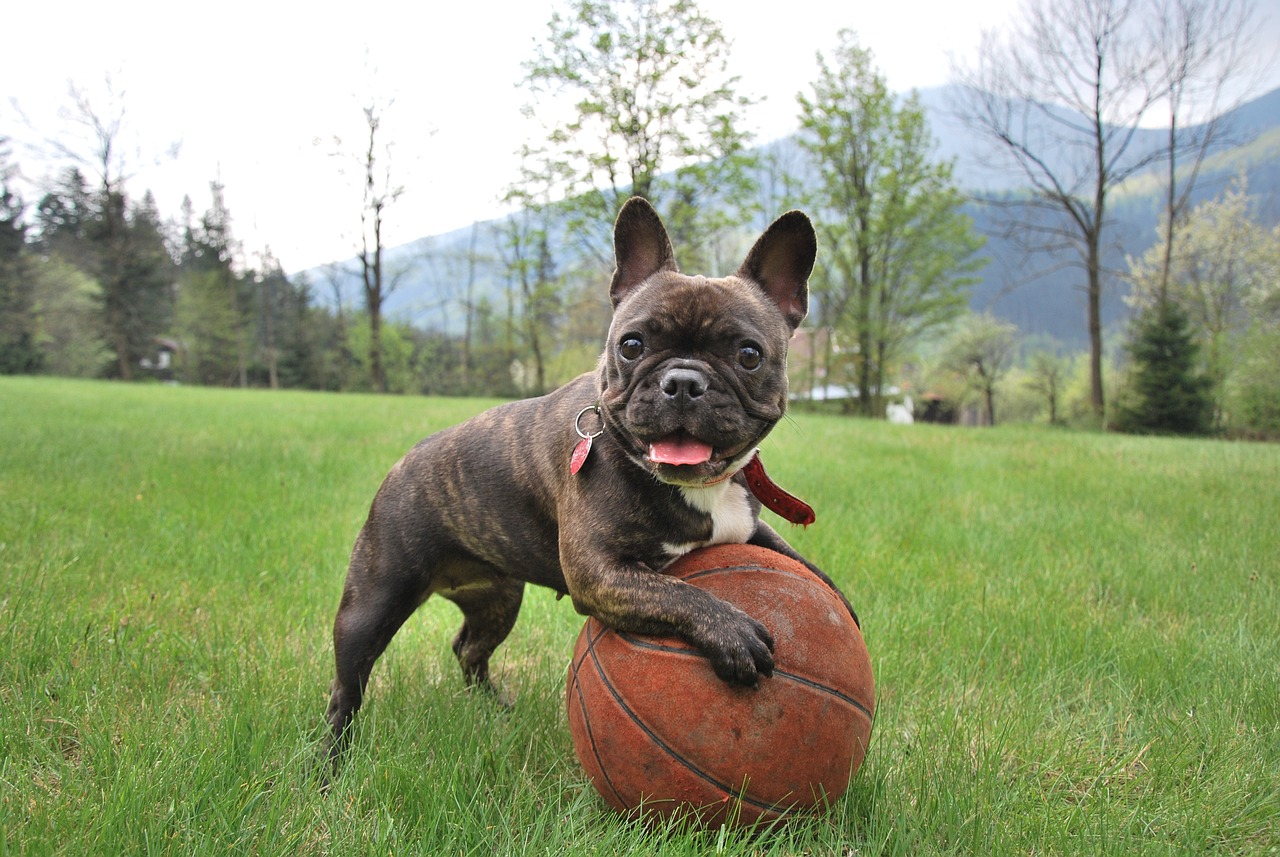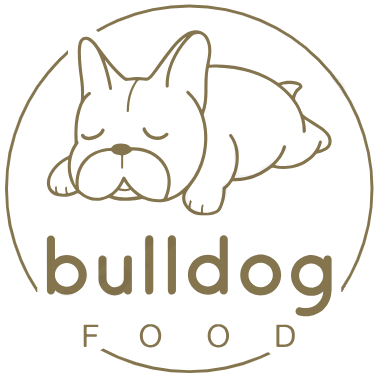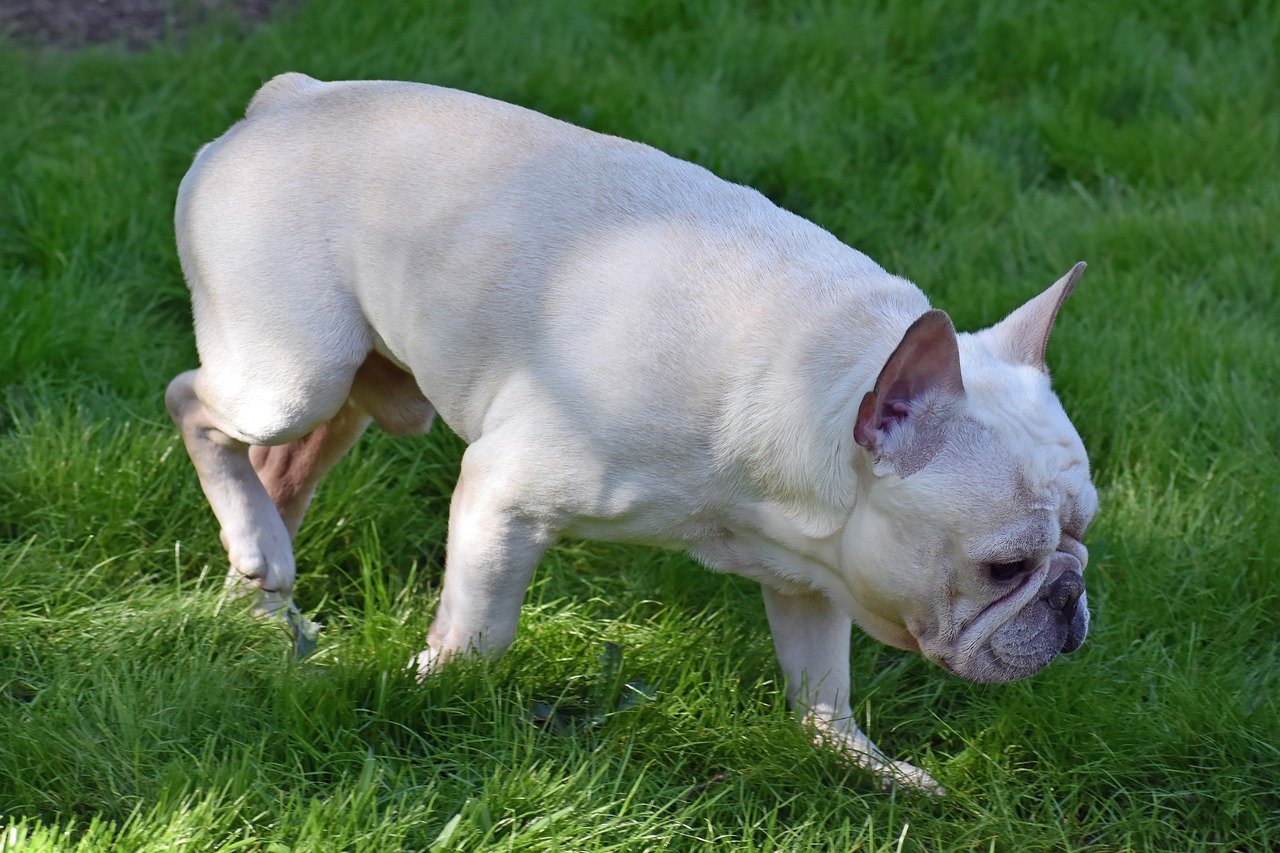French Bulldogs may be small, but their personalities aren’t! These sociable, energetic, and intelligent dogs often don’t get enough credit for how trainable they are. After spending years with these lovable “bat pigs,” we’ve come to appreciate their potential.
That’s why we’re excited to share this in-depth guide on How to Train a Frenchie. With patience and lots of love, you’ll soon realize they can be some of the smartest and most delightful companions. Ready to begin?

At What Age Can I Start Training a French Bulldog?
Just like every other owner who has sought our guidance, we advise that you begin training your French Bulldog as soon as you bring them home. Early training is essential for laying the groundwork for good behavior and avoiding the formation of undesirable habits.
If you’re unsure where to begin, here are some straightforward suggestions:
- Start housetraining right away when you get your puppy.
- Create a consistent schedule for feeding, bathroom breaks, and training sessions.
- Concentrate on basic commands and socialization during the initial months.
- Be patient and employ positive reinforcement methods.
- Keep training sessions short (5-10 minutes) but frequent throughout the day.
How to Train a Frenchie?
1. Understanding the French Bulldogs Temperament
French Bulldogs are known for their loving personalities and playful behavior, making them great companions for both families and individuals. However, they be stubborn, which can make them difficult to train. It is important to understand their unique combination of stubbornness and intelligence in order to train them effectively.
2. Basic Training Principles
When training your French Bulldog, follow these essential guidelines:
- Use positive reinforcement
- Maintain consistency in commands and expectations
- Be patient and persistent
- Conduct short, regular training sessions
- Tailor your approach to your dog’s learning style.
3. Essential Training Techniques
To successfully train your French Bulldogs, use these established methods:
- Clicker training
- Reward-based methods
- Verbal encouragement and physical affection
- Leash training for walks
- Crate training for housebreaking and safety.
4. Potty Training Your French Bulldogs
First, choose a designated area for your dog to relieve itself. If you prefer your dog to toilet outside, avoid allowing it to get used to doing so indoors. If there’s a specific spot in your yard where you’d like your dog to go, take it there right away. Allow your dog to explore the yard until it urinates or defecates before entering the house.
When your dog successfully toilets outside, shower it with verbal praise and attention. This helps your dog associate going to the bathroom outdoors with positive reinforcement.
Our recommendation is to begin French Bulldog potty training immediately. Delaying training and allowing your dog to use puppy pads will lead to confusion and prolong the process.
Look for signs that indicate your dog needs to go out. Most dogs display behaviors that signal they need to relieve themselves, so pay attention to your French Bulldog’s unique cues. Common signs include:
- Panting
- Pacing or sniffing around
- Barking
- Seeking a quiet place
Clean up any accidents promptly. If you miss your dog’s signals and it has an accident indoors, make sure to clean it up thoroughly. Use a cleaner specifically designed for pet messes or an enzymatic cleaner for pet urine. This will eliminate the scent of urine, preventing your dog from returning to the same spot later.
Avoid scolding or hitting your dog for accidents. Your dog won’t connect the punishment with the act of toileting indoors, which can lead to a lack of trust between you and your pet.
5. Socializing Your French Bulldogs

A well-socialized French Bulldog will be more amiable in its surroundings. Therefore, if you want your furry friend to become a wonderful part of your family, start the socialization process as soon as you bring them home.
However, this doesn’t mean you should immediately take your Frenchie outside. Begin by introducing them to other family members and pets within the comfort of your home. Allow your Frenchie time to adjust to their new environment. This method enables them to learn the socialization steps without feeling overwhelmed.
Once your puppy is comfortable at home, you can introduce them to family friends. You might also invite friends with pets over. This helps prepare your Frenchie for outdoor interactions.
When your Frenchie is ready, take them for walks. Again, proceed gradually. Start in less crowded areas and ensure you have a secure hold on the leash. Over time, you can expose your furry companion to busier locations.
6. Exercise and Play Training
Although they are small, French Bulldogs require consistent exercise and mental engagement. Combine training with playtime to make the learning process enjoyable.
Here are some exercise suggestions that also serve as training opportunities:
- Brief walks that include obedience drills
- Indoor agility courses
- Fetch games that involve “drop it” commands
- Hide-and-seek to enhance recall skills.
7. Advanced Training and Fun Tricks

After your French Bulldog has learned basic obedience, you can progress to more advanced training and fun tricks.
Some popular tricks to teach your Frenchie include:
- Rolling over
- Playing dead
- Giving a high five
- Spinning
- Speaking on command
Make sure to keep training sessions brief and enjoyable to keep your Frenchie’s attention and excitement.
Frequently Asked Questions (FAQ)
Q: How long does it take to completely train a French Bulldog?
A: The duration for training a French Bulldog can vary, but you should anticipate spending several months on basic training and continuing reinforcement throughout their life.
Q: Are French Bulldogs more difficult to train compared to other breeds?
A: French Bulldogs may pose some challenges due to their stubbornness, but with patience and consistency, they can be trained just like any other breed.
Q: How can I prevent my French Bulldog from chewing on furniture?
A: Provide appropriate chew toys, use deterrent sprays on furniture, and redirect your dog’s attention when you catch them chewing on something they shouldn’t. For durable options, consider the best chews for French Bulldogs to keep them satisfied.
Q: How does the right food for French Bulldogs impact their training?
A: Choosing the best food for French Bulldogs is crucial for their overall health and can significantly impact training. A well-balanced diet provides the energy and focus needed for learning. High-quality, easily digestible food can also help prevent gastrointestinal issues, which are common in the breed and can interfere with training sessions.
Conclusion
How to train a Frenchie? This question may appear challenging, particularly for new owners. Nevertheless, by being patient, consistent, and affectionate, you can create a solid relationship with your dog and have a well-mannered companion.
Using our guide as a foundation, you can begin to customize an effective training strategy for your Frenchie today! Acknowledge minor achievements and remain dedicated to the training journey for lasting success with your adorable pet.

As an experienced dog foster and canine advocate, I have a special place in my heart for French Bulldogs. Their charming personalities and unique needs sparked my interest, leading me to specialize in Frenchie care. I’ve fostered over 200 Frenchies over the year, gaining deep insights into their dietary requirements and health concerns. This expertise drives my contributions to bestfoodforfrenchbulldog.dog, where I share practical advice on nutrition, care, and enrichment for these lovable flat-faced pups.
My articles aim to educate Frenchie owners on optimal feeding practices and health management. When not writing or fostering, I’m often cuddling with my own Frenchie, Biscuit, my inspiration for helping others care for this delightful breed.

